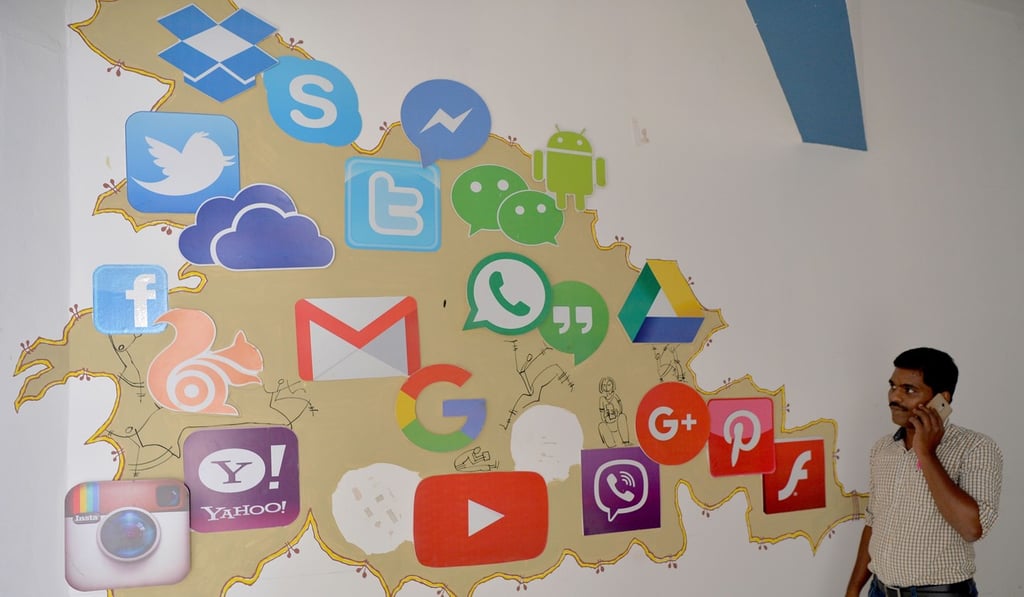Tech giants `nervous' as judge drafts first data rules in India
Flood of data in India, and absence of regulation, has fuelled concern among privacy activists and citizens groups

B.N. Srikrishna is a genial, 77-year-old former Supreme Court judge who recites Shakespeare and Sanskrit scriptures with equal facility. But he’s making the likes of Google, Amazon and Facebook more than a little nervous.
Srikrishna is leading the effort to draft new data-privacy laws for India that will regulate how tech giants from the US and elsewhere operate in the nation of 1.3 billion. His recommendations carry particular weight because India is already the biggest market for companies like Facebook and offers enormous potential for dozens more. The committee Srikrishna helms will send its bill to the government this week.
They’re going well beyond the hands-off American approach that preceded fiascoes like the Facebook breach, which facilitated Russian meddling in the 2016 presidential election, or the Equifax hack, which exposed personal information of about 145 million people. He and his colleagues are determined to modernise the country’s standards and protect all citizens.
“India has accelerated from a ‘bail gaadi’ economy to a silicon-chip economy,” said Srikrishna, using the Hindi expression for ox cart. “But privacy and data regulation rules are still far behind.”

India has been careening into the digital age. The number of people with smartphones soared to 370 million users at end 2017, from 25 million in 2012, according to Counterpoint Research. The government has also developed one of the world’s most ambitious biometric identity systems, called Aadhaar, which assigned unique 12-digit numbers to 1.1 billion Indians and registered their fingerprints, iris scans and demographic details. That data is now used for everything from tax returns and property purchases to welfare disbursals and WhatsApp payments.